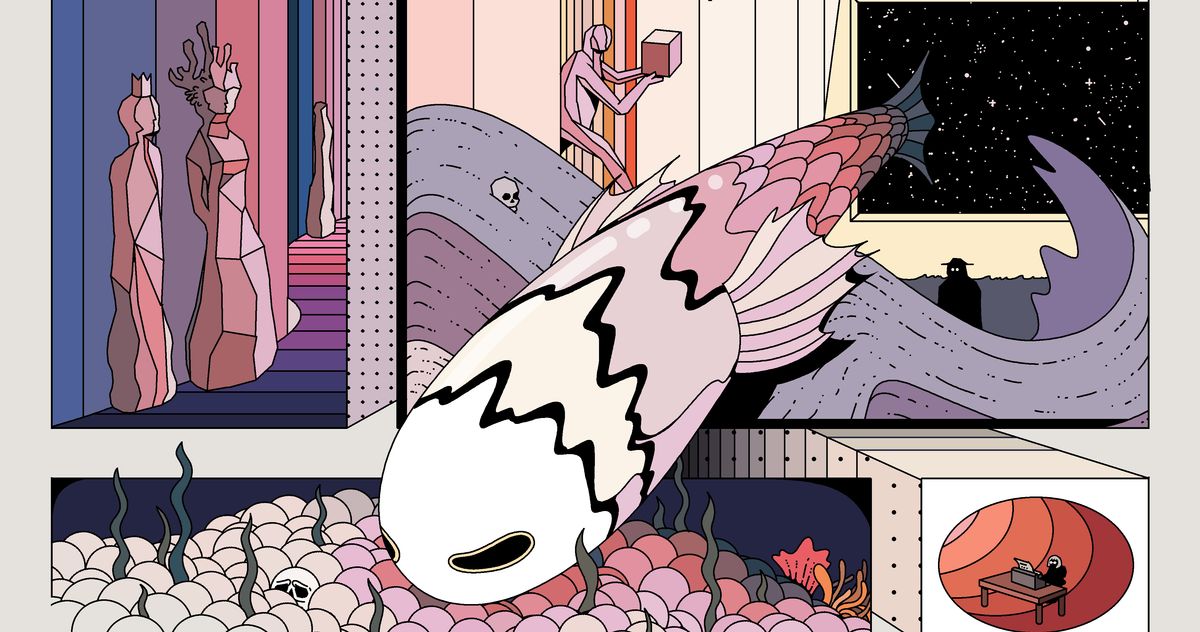Rhombaad
Video Game Time Traveler
I've said it before, but if you haven't already read Howard's Conan. It's great, and save for a few stark examples there's less racial insensitivity there. Sometimes Conan even seems to experience prejudice as a Cimmerian, except when he's in the jungle and becomes the great white hunter by default.
I plan on it! I’m going to read all of his Solomon Kane, Bran Mak Morn, Conan and Cthulhu Mythos stories.

 )
) ) not being able to finish a book properly from some people, from others that they enjoyed the ending a lot. With my reading speed it’ll take a while before I get there, though.
) not being able to finish a book properly from some people, from others that they enjoyed the ending a lot. With my reading speed it’ll take a while before I get there, though.
